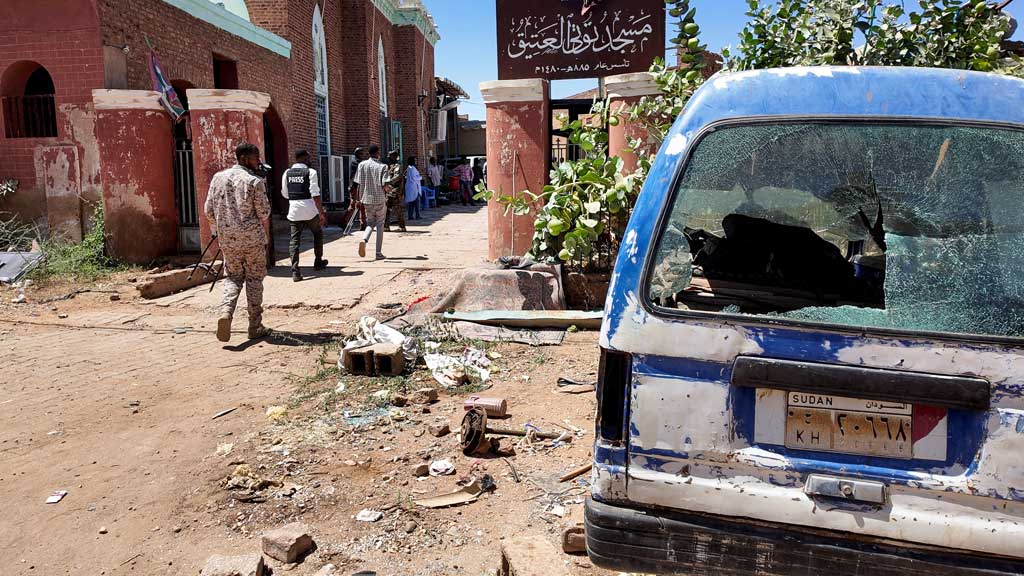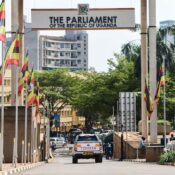
As Sudan’s military regains territory, certain displaced individuals are returning to the devastated capital
The morning sun cast elongated shadows as Abdulilah Mohamed, an elderly resident of Sharg Elnil in the Sudanese capital Khartoum, made his way back to his family home after escaping from civil war.
The streets, littered with debris and traces of conflict, guided him to a structure that barely endured after two years of fighting between the Sudanese army and the paramilitary Rapid Support Forces.
“They left nothing behind; they took everything and destroyed everything,” he lamented, standing among the shattered walls of his home and the remnants of his family’s possessions.
I arrived with the intention of evaluating the circumstances and observing the environment, ensuring that my family won’t be perplexed about how to proceed. “I arrived first, and then I can assess the situation for them here,” he added.
Mohamed is among the millions who previously resided in the greater capital area, encompassing the cities of Khartoum, Omdurman, and Bahri, and were compelled to escape when conflict erupted in April 2023 due to a power struggle between the army and the RSF in the lead-up to a transition to civilian governance.
Whole neighborhoods in Khartoum were destroyed, while certain areas of Omdurman managed to maintain access to utilities.
As the army advances against RSF fighters and reclaims territory in the capital, a careful stream of residents is beginning to return home.
Huda Ibrahim, who escaped to Port Sudan—over 800 km (500 miles) from the capital—expressed that her desire to return has remained strong.
“We had no choice but to keep our distance,” she remarked, as she traveled on a bus heading to Khartoum.
Mohamed Ali, the driver, observed a change in atmosphere.
“You can feel that their feeling of security has increased,” he told Reuters.
However, for numerous individuals, the journey back is fraught with unpredictability.
This conflict has ravaged the nation, resulting in the loss of countless lives and the displacement of millions.
“Their conflict now is not with the government; it’s a battle against the people and devastation,” Mohamed states.
The resurgence of residents depends on the government’s capacity to reconstruct.
Rayan Khaled, a young woman recently returned from Egypt, emphasizes that the absence of services and electricity poses significant challenges.
“I am convinced that if the government were to supply electricity to the people […] everyone would go back to their homes,” she stated.
All Categories
Recent Posts
Tags
+13162306000
zoneyetu@yahoo.com



